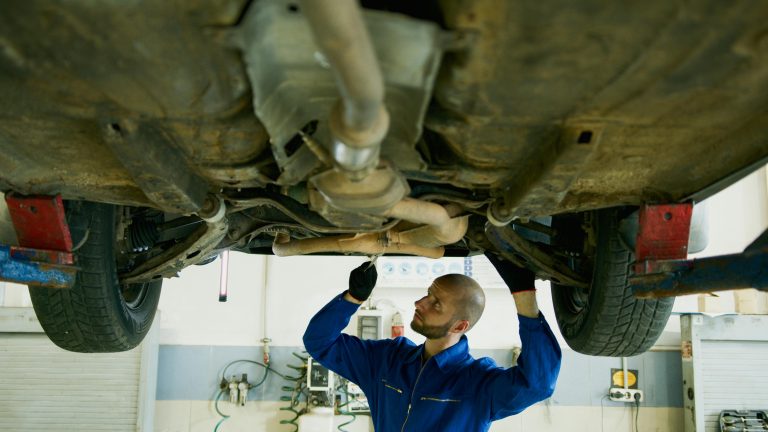Are you new to vehicle recalls and trying to learn more? Vehicle recalls are a crucial part of vehicle safety, yet they often come with misconceptions that can lead to confusion. We’ll address the most common misconceptions about vehicle recalls and provide clarity on what you need to know!
Read more: What is a Recall and How Does it Work?
Misconception 1: "Recalls Only Happen for Major Safety Issues"
While some recalls do address serious safety concerns, many are issued for problems that may seem minor but can have serious implications if left unresolved. For instance, a recall might be issued for software updates, faulty seatbelt, a malfunctioning light, or even vehicle emissions —all of which should be addressed. Recalls are a preventive measure, and it’s essential to take them seriously to protect your safety!
Misconception 2: "My Vehicle Isn’t Affected if I Don’t Receive a Recall Notice"
It’s easy to assume that if you haven’t received a recall notice, your vehicle isn’t affected. However, recall notices can sometimes get lost in the mail, or you may not receive one if your contact information isn’t up to date. It’s a good practice to periodically check for recalls yourself using your Vehicle Identification Number (VIN) on the manufacturer’s website or Transport Canada’s recall database. Just because you haven’t received a notice doesn’t mean your vehicle is clear.
Read more: How to Check if Your Vehicle Has a Recall
Misconception 3: "Recalls Don’t Apply to Used Cars"
In reality, recalls can happen to any vehicle, regardless of its age, brand, or price point. If you’ve purchased a used vehicle, it’s possible that it may have outstanding recalls that were never addressed by the previous owner. Always check for recalls when buying a used car and ask the seller for any recall documentation.
Misconception 4: "If My Car Has a Recall, It’s Unsafe to Drive"
While some recalls do involve serious safety issues that require immediate attention, not all recalls mean your vehicle is unsafe to drive. Many recalls are issued for defects that are unlikely to cause immediate danger but could lead to problems if left unaddressed. If you receive a recall notice, it’s important to follow the instructions provided. In most cases, you can continue driving your vehicle until you can schedule a repair. However, if the recall notice advises you to stop driving the vehicle, it’s crucial to follow that advice for your safety.
Misconception 5: "I Have to Pay for Recall Repairs"
Some vehicle owners mistakenly believe they’ll be out-of-pocket for recall repairs. In reality, recall-related repairs are free of charge. The manufacturer is responsible for covering all costs associated with fixing the recall issue. Simply contact your dealership, schedule an appointment, and have the repairs done without worrying about any costs. You can get a recall fixed at Birchwood, make an appointment here!
Read more: What to Do When Your Vehicle Has a Recall: Step-by-Step Guide
Misconception 6: "Once a Recall is Fixed, My Vehicle is Problem-Free"
While having a recall issue repaired is critical, it doesn’t necessarily mean your vehicle will be entirely problem-free in the future. Like any machine, cars are subject to wear and tear and can develop other issues unrelated to the recall. Regular maintenance, staying informed about new recalls, and following the manufacturer’s recommendations are all important to ensure your vehicle remains in top condition.
Misconception 7: "If I Have a Recall, I Should Sell My Car"
Some people think that having a recall on their vehicle is a sign that they should sell or trade it in. However, selling your car due to a recall is often unnecessary. Most recalls are for issues that can be easily fixed, and once repaired, your vehicle is typically as good as new. In fact, trying to sell a vehicle with an unresolved recall can complicate the sale process, as many buyers will want to ensure the recall work has been completed before they make a purchase.
Misconception 8: "Recalls Don’t Affect Vehicle Value"
Unaddressed recalls can impact your vehicle’s resale or trade-in value. Potential buyers or dealerships may offer less for a vehicle with active recalls that haven’t been resolved. Addressing recalls promptly can help maintain your vehicle’s value.

Understanding the realities of vehicle recalls is crucial for every car owner. Recalls are an important part of vehicle safety, designed to address potential issues and keep drivers safe on the road. If you ever have questions or concerns about a recall, don’t hesitate to contact us at Birchwood for guidance and support!


